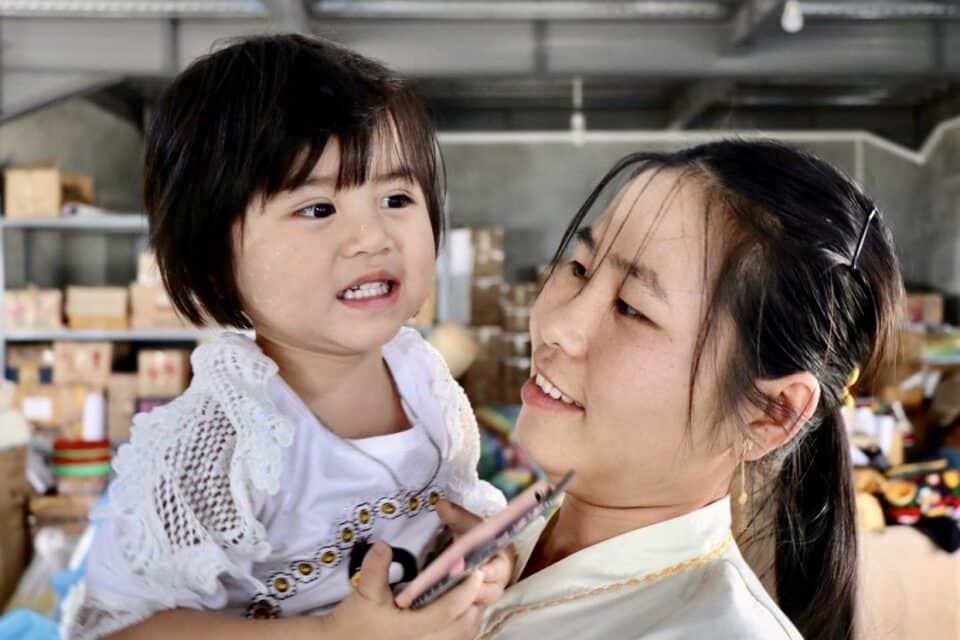Help our local partners realise their vision of hope for their communities

As we celebrate women’s empowerment this month at HART and watch as humanitarian disasters continue in Nagorno Karabakh and around the world, it is important to reflect on the roles women play in securing and maintaining peace. Women are often best placed to represent the needs and priorities of their communities – and they are especially poised to lead a community emerging from crisis.
“Rooted in an intimate and detailed knowledge of their contexts”, women are able to work across the humanitarian-development nexus in ways that more effectively promote peace and security. Yet in many post-conflict situations, they continue to be underrepresented in peace negotiations and the reconciliation process. Their exclusion is an obstacle to lasting peace as there is continuing ignorance of the assets and necessities of crisis resolution that only women can bring to the table: their resourcefulness, their intimate understanding of their communities, and their disproportionate experiences of conflict and disaster.
With growing recognition of women as peacekeepers and advocates for community resilience, we must also recognise the gender-specific forms of violence faced by those who live and work across conflict lines. Women and girls are vulnerable to forced displacement, to exploitation, to distinct human rights abuses and targeted forms of violence. And, at a time where there is still great impunity for those who commit crimes against women, sexual violence continues to be an integral part of military strategies in conflicts around the world. Considering the dangers and challenges faced by women, coordinated humanitarian efforts supported by “a robust accountability mechanism, adequate resources, partnerships, and innovative approaches,” are needed not only to protect women and their rights, but also to advance women’s empowerment and female leadership in situations of crisis.
Why is it so important to recognise the role of women in peacekeeping? What will women add to the process that is so desperately needed? The answer is quite simple: the empowerment of women has significant implications for peace and governance in communities affected by conflict. Women have consistently proven to be instrumental in paving the way to peace, with perhaps one of the most notable examples being Rwanda’s post-conflict transition after 1994.
After the lives of 800,000 Tutsi and moderate Hutu people were lost to genocide, constitutions were rewritten to ensure lasting peace. One of many ways in which the Rwandan government honoured its promise of ‘never again’ was to mandate no less than 30 percent of political seats be held by women. With greater representation, women have been and continue to be, central figures in the efforts to reconcile the ethnic and community divides across Rwanda.
Rwanda is a case study for women’s participation and leadership, one which has led to sustainable development and gender equitable peace. The prosperous country now governs under a majority-female legislature, with an economy that has flourished into one of the largest and fastest-growing in Africa. There is our answer; that’s what women can do. That is why we need women involved in the peace process.
With the understanding that female leadership is key to securing and maintaining peace, the importance of protecting women’s rights is what underpins every humanitarian programme that HART supports. The women we partner with have achieved the unthinkable and made great sacrifices for their communities, all while enduring the harsh dangers they face in the context of war.
You can find out how they are creating transformational change as community leaders, educators, health workers and first responders in situations of crisis on HART’s social media and by clicking here.
By Beth Stephens, HART Administrator and EA to Baroness Cox.